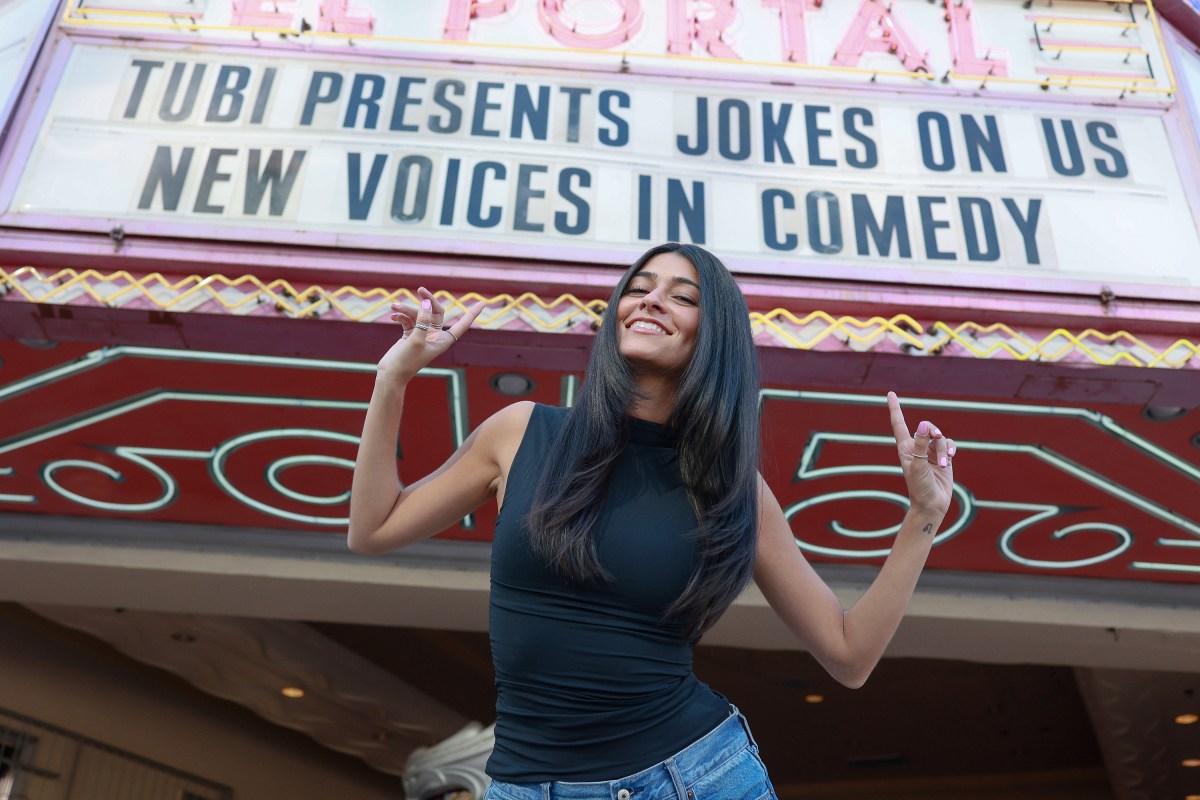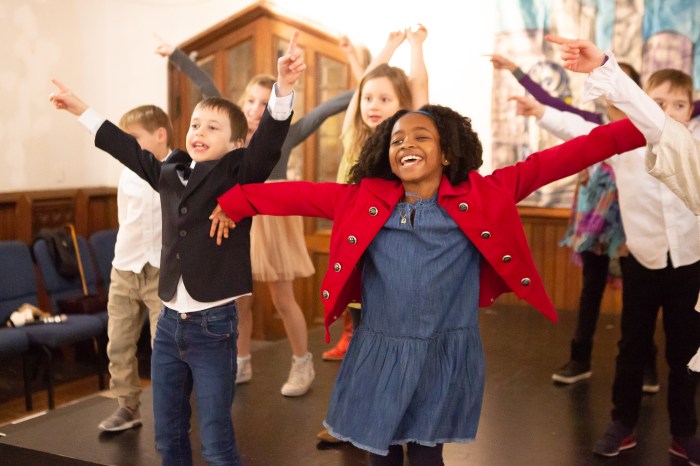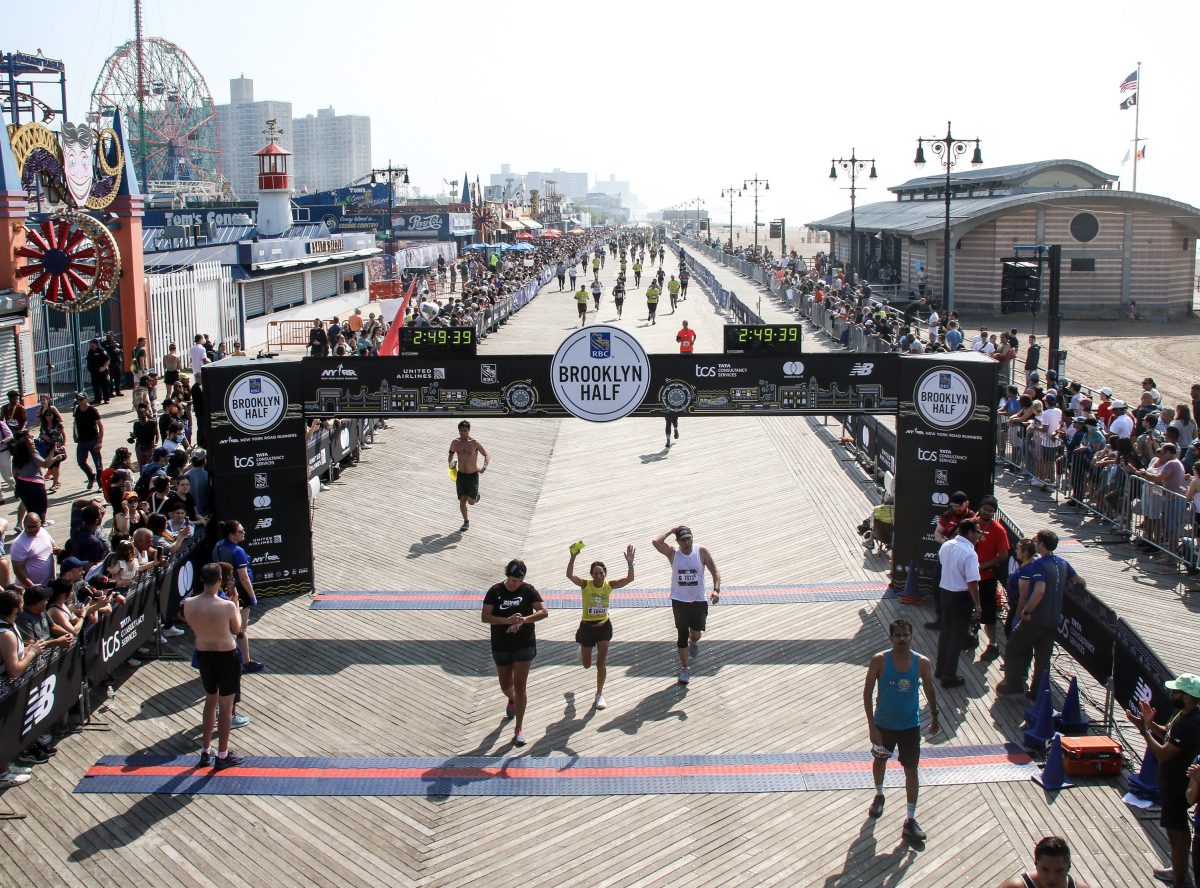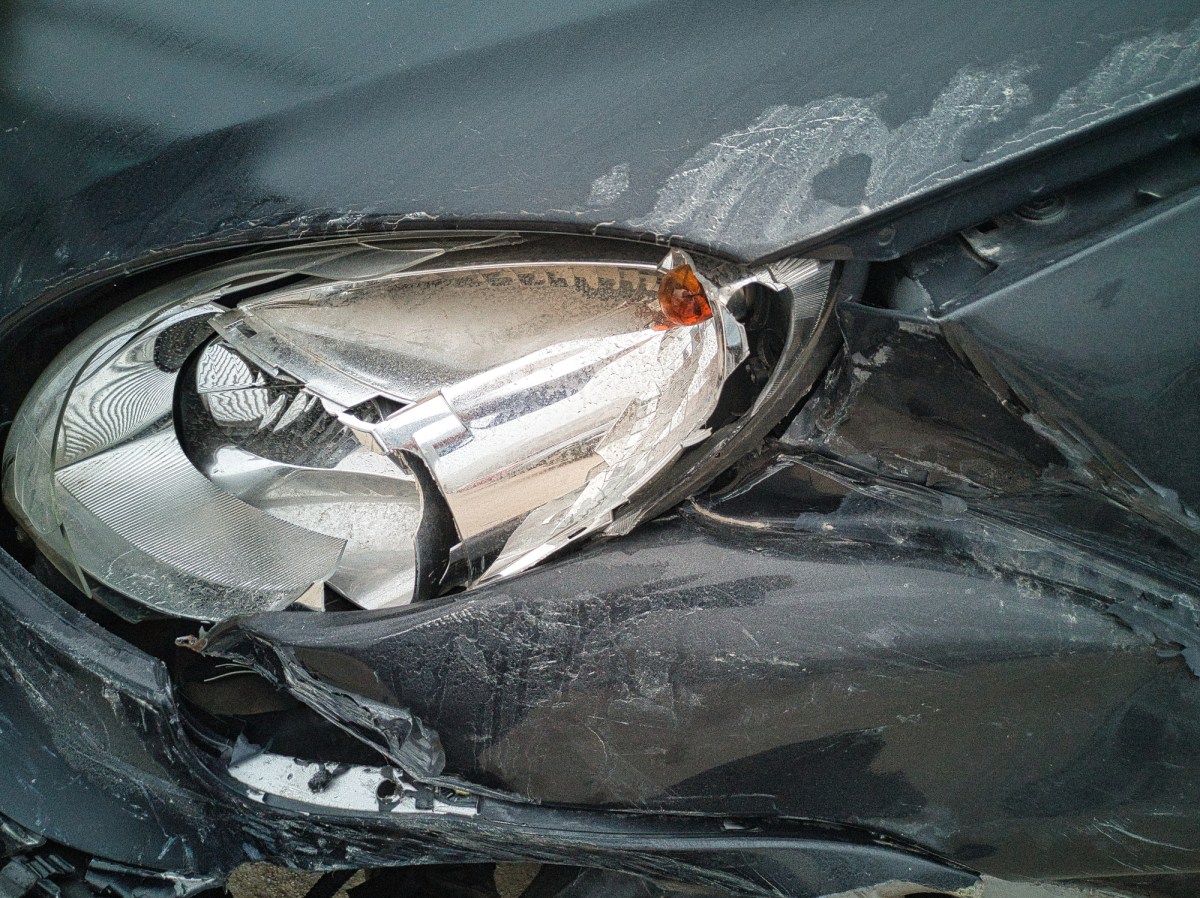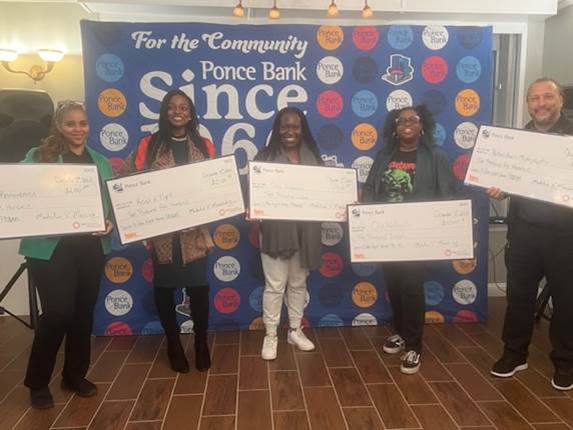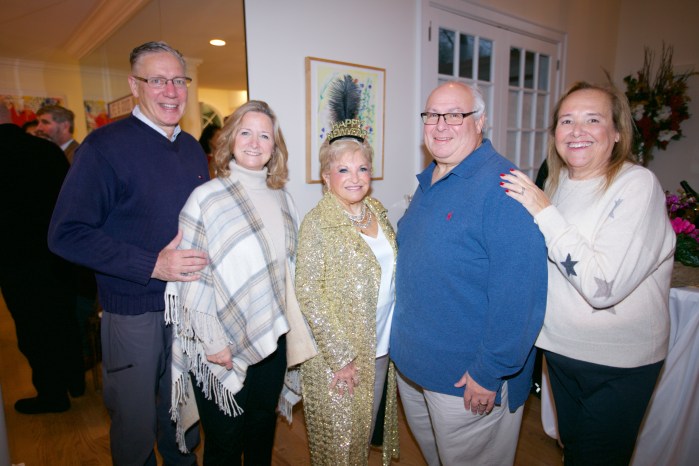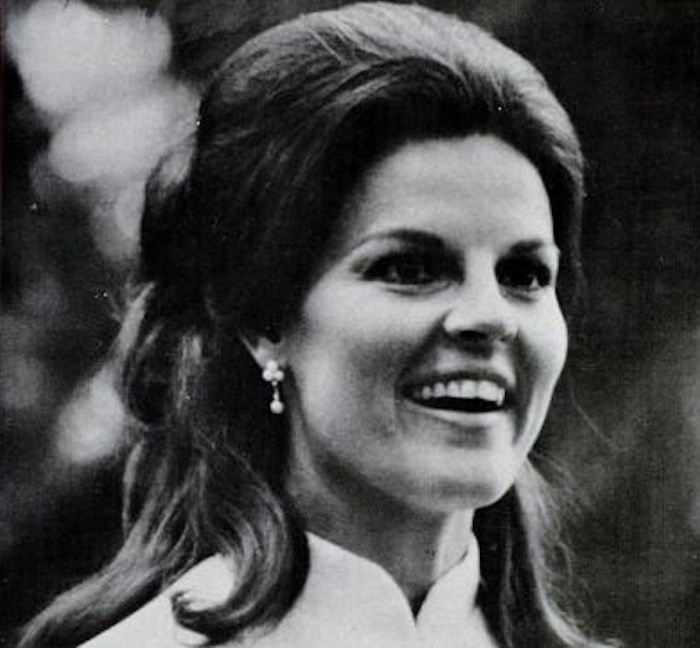
In honor of Black History Month, take a road trip to explore the significant social and cultural contributions of African-Americans. Accessible by car, bus or train, here are four cities that offer historic monuments, institutions, museums and flourishing black-owned businesses.
Philadelphia
The African American Museum in Philadelphia (701 Arch St, 215-574-0380, aampmuseum.org) is the first institution built by a major United States city to preserve and exhibit the culture of African-Americans.
Among the Victorian homes in West Philly is the Paul Robeson House & Museum (4951 Walnut St., 215-747-4675, paulrobesonhouse.org), the restored home-turned-museum of the actor and activist.
In Center City, tour Mother Bethel A.M.E. Church (419 S. Sixth St., 215-925-0616, motherbethel.org/church.php), the founding church of the nation’s first black denomination.
Then go north for supper at the Bynum Brothers’ popular jazz club, South (600 N. Broad St., 215-600-0220, southjazzkitchen.com).
Washington, D.C.
From slavery to freedom to modern-day achievements, there are nearly 37,000 historical artifacts assembled at the National Museum of African American History and Culture (1400 Constitution Ave. NW, 844-750-3012, nmaahc.si.edu).
Along the National Mall’s Tidal Basin, a significant site is the grand Martin Luther King, Jr. Memorial (1964 Independence Ave. SW).
In the historic U Street corridor, pay homage to the African-American soldiers who fought for the Union Army at the African American Civil War Memorial & Museum (1925 Vermont Ave. NW, 202-667-2667, afroamcivilwar.org).
Nearby, grab a chili dog at landmark greasy spoon Ben’s Chili Bowl (1213 U St. NW, 202-667-0058, benschilibowl.com).
Alexandria, Virginia
Discover this Northern Virginia city’s rich African-American history through a tour of sites including the Freedom House Museum (1315 Duke St., 703-746-4702), which shares first-person accounts of slavery on a site that once housed a slave trading firm, and the Contrabands and Freedmen Cemetery Memorial (1001 S. Washington St.), the final resting place of about 1,800 freed slaves who sought refuge in Union-occupied Alexandria.
Post-tour, dine and shop in quaint Old Town, where you’ll find Threadleaf (121 S. Royal St., 703-566-8342, hellothreadleaf.com), a boutique founded by Obama administration attorney Nicole McGrew.
Rochester, New York
Rochester’s black history is intertwined with one of its most famous African-American residents, Frederick Douglass. The abolitionist called the town home from 1847 to 1872 and that is where he published his North Star newspaper, sheltered runaway slaves and supported the suffrage movement alongside Susan B. Anthony [their friendship is preserved with the bronze sculpture, “Let’s Have Tea,” in Susan B. Anthony Square Park (39 King St.)].
Douglass was buried in Mount Hope Cemetery (1133 Mount Hope Ave.), one of the stops included on a self-guided tour of Rochester sites that were significant to the statesman (douglasstour.com).
See what was often the final stop on the Underground Railroad, Kelsey’s Landing, along the Genesee River in Maplewood Park (89 Maplewood Dr.); learn more on an AKWAABA Heritage Tour (585-482-5192, akwaabatours.org).






